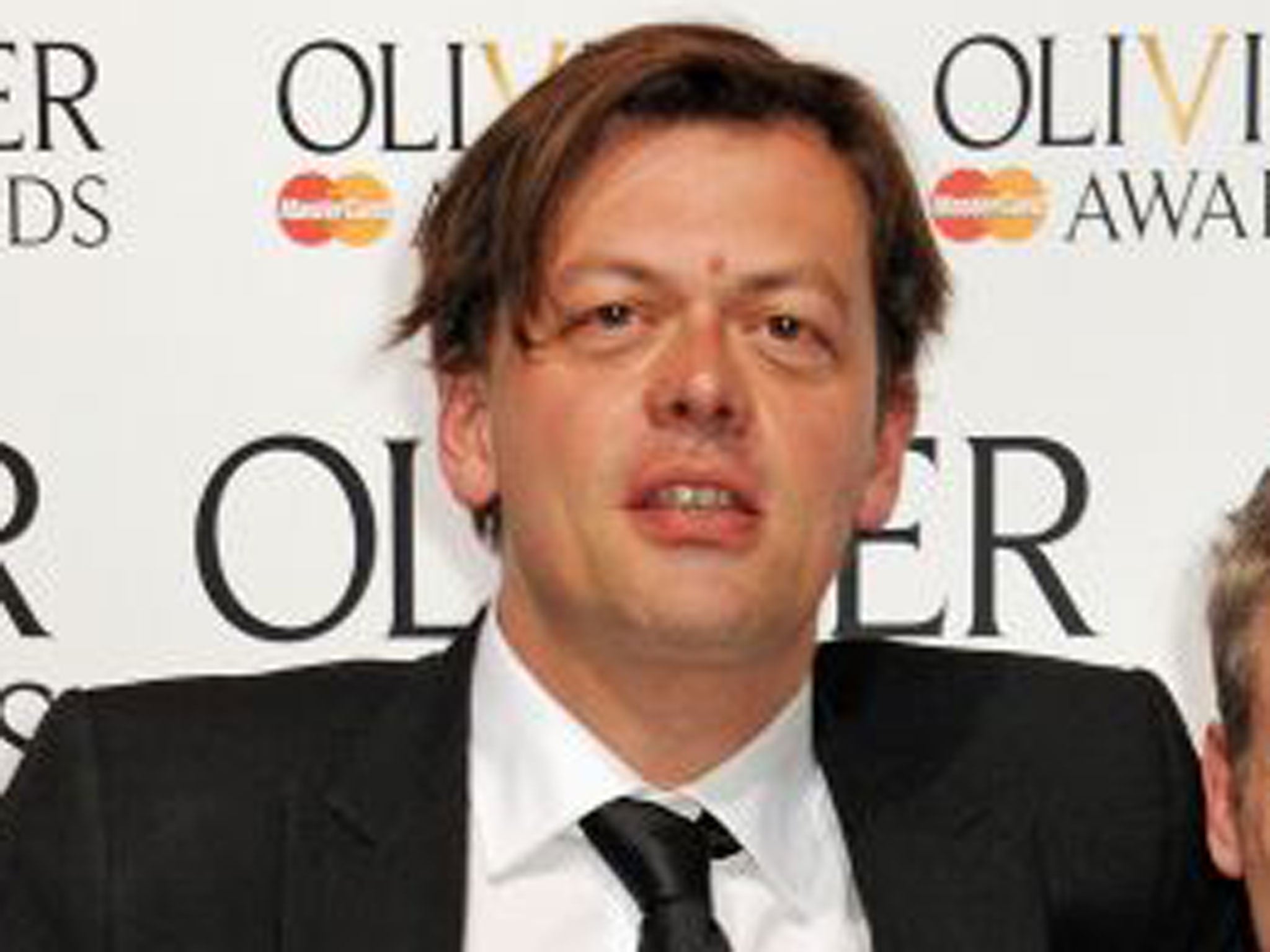The economic case for theatre subsidy is 'done and dusted' says Olivier award-winning Curious Incident adapter Simon Stephens

Your support helps us to tell the story
From reproductive rights to climate change to Big Tech, The Independent is on the ground when the story is developing. Whether it's investigating the financials of Elon Musk's pro-Trump PAC or producing our latest documentary, 'The A Word', which shines a light on the American women fighting for reproductive rights, we know how important it is to parse out the facts from the messaging.
At such a critical moment in US history, we need reporters on the ground. Your donation allows us to keep sending journalists to speak to both sides of the story.
The Independent is trusted by Americans across the entire political spectrum. And unlike many other quality news outlets, we choose not to lock Americans out of our reporting and analysis with paywalls. We believe quality journalism should be available to everyone, paid for by those who can afford it.
Your support makes all the difference.One of the creative forces behind the play that swept the Oliviers has fired a broadside at Culture Secretary Maria Miller and said the economic case for theatre was “done and dusted”.
Simon Stephens, who adapted The Curious Incident of the Dog in the Night-Time, said the play was a “testament” to public funding for the arts in Britain.
Curious Incident won seven awards on Sunday night including best new play, and prizes going to the director Marianne Elliot and star Luke Treadwell.
Mr Stephens said the production was a “gang mentality and team spirit,” adding: “That spirit is essential to British theatre and British theatre is one of the great things that this country exports. It’s one of the great industries at the heart of this country.”
He said the play’s success was a “testament to state-subsidised art in this country. That energy of writing doesn’t come out of nowhere. It doesn’t happen by accident. It happened because the conditions were made to allow writers to flourish and to fail.”
Mr Stephens’ play Port won the Pearson Award for best new play in 2001, while On the Shore of the Wide World won best new play at the Olivier Awards in 2005.
The arts have come under increased pressure in recent years, struggling against the financial headwinds, and especially funding cuts. The prospect of further cuts are looming in the June spending review.
“It’s not a catastrophe, because what’s happening to the NHS and the police force is a catastrophe, it would be tremendously, tremendously sad,” Mr Stephens said. “You watch what happens to writing in 20 years’ time and you’ll see the consequences of a removal of state funding from British theatre.”
In a speech that prompted an angry response from some in the arts, Maria Miller last week called on the sector to make an “economic case” for on-going state funding.
Mr Stephens called it a “ridiculous thing to ask” as the case had already been made. “It has been statistically proven again and again for every pound invested in British theatre £3 is returned. There’s no economic argument to that, it’s a 300 per cent return. What more can you want? Economic case, done and dusted.”
He concluded that the economic case was the “least interesting. For me it’s the human argument” and said: “When I got to a gallery, watch a play, read a novel, listen to music it makes me a better person. I think art makes us better humans. It exercises our empathy and nourishes our sense of compassion.”
Join our commenting forum
Join thought-provoking conversations, follow other Independent readers and see their replies
Comments